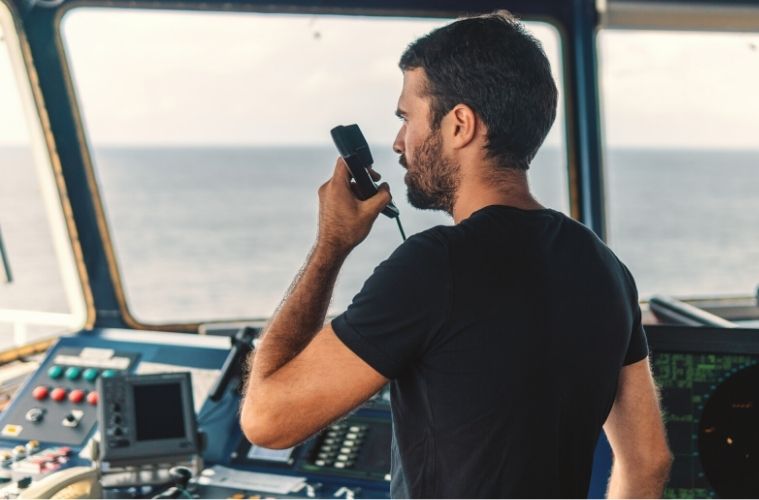Taking your boat out is meant to be a rewarding and relaxing experience for all parties involved. However, accidents happen out of nowhere, causing you to react quickly in an urgent situation. Here are the best ways to handle a boating emergency at sea.
Review Your Safety Checklist
The best way to handle an emergency is to prepare for it beforehand. Going over a checklist of the essential safety gear ensures you and your passengers can handle any situation thrown your way. Items you need include lifejackets, floatation devices, a life preserver with a line attached, and binoculars.
Learn Distress Signals
Boaters may need to signal for help in various situations. Therefore, visual distress signals are vital for guaranteeing everyone’s safety. The Coast Guard requires you to have these distress signals on the off chance that an emergency occurs. There are different qualifications depending on the time of day.
If the sun is still out, you can use an orange signal flag and smoke flares to signify that you require some assistance. Try to put the orange flag in a spot on top of your vessel where it can be easily viewed. The orange smoke flares are better than the traditional red ones. They are better because it stays visible in the air longer during the day.
During the night, however, you’ll want to break out the red flares and other SOS lights. This is so that emergency crews or good Samaritans can offer assistance.
Use a VHF Radio
A VHF radio is a way for individuals to connect with the Coast Guard if things hit the fan. The very high frequency radio allows you to get in contact with the Coast Guard from far distances, making them more effective than CB radios or your cell phone. Plus, VHF radios are still operational during rocky weather, giving you an outlet if the water becomes extraordinarily choppy or there’s a dense fog.
Conduct Practice Scenarios
As the adage goes, practice makes perfect. You may have all the materials you need for an emergency, but if you don’t practice using them, you open the door for disaster to sneak in. Train yourself on how to use distress signals, how to operate a VHF radio, and run through some hypothetical situations to educate your guests. Everyone can stay safe when everyone is in the know.
Stay Calm
The most critical action you must do in an emergency is to remain calm. It’s understandable to feel flustered when the worst-case scenario is happening. But more mistakes will happen if you don’t keep your composure. Thus, stay relaxed, organize your guests, figure out a game plan, and try not to be a superhero and do everything yourself.
Let’s hope you never have to use any of the best ways to handle a boating emergency at sea and that you always come back safe and sound. Nevertheless, it’s beneficial for you and your passengers to understand what you need to do when catastrophe strikes.

